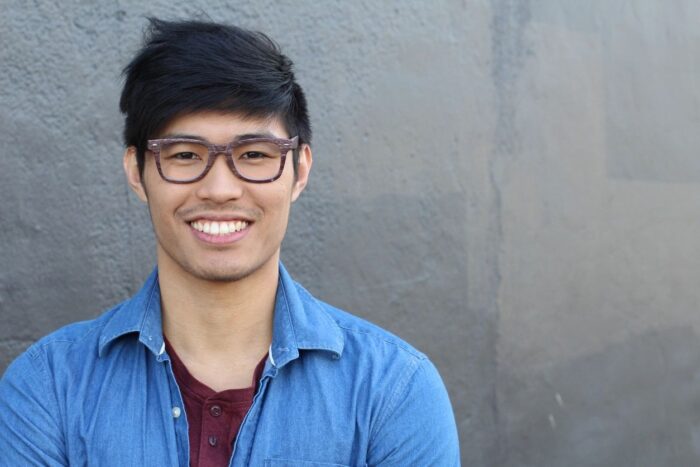College students with disabilities have a higher likelihood of dropping out, and only 34 percent of them complete a four-year course — far less than other students, according to a report by the National Center for Special Education Research. Students with disabilities have to work a lot harder than other students to get the same results, and it’s normal for them to feel excluded, particularly from social activities such as campus sports or events. But, this doesn’t mean that succeeding in college is out of the question. In fact, many students with disabilities have graduated and went on to have successful careers, and you can do it, too. As you begin college, there are many things that students with a disability can do to make school life easier and increase their chances of success.

Choosing the right school
Choosing the right college is crucial for any student, but even more so for students with disabilities. Beyond financial considerations, you want to find a school that has adequate resources to meet your unique needs and a good track record of helping students with disabilities succeed. Don’t rely on online images or pamphlets; visit the school and take a look at the measures, if any, that they’ve put in place to ensure that you’ll have a smooth transition. For example, if you need a wheelchair to move around, check if the school buildings have enough ramps, cut curbs, elevators, and accessible entrances. You can also talk to a current student with a similar disability to find out what their experience is like before committing.
Disclosing your disability status
If you want to receive academic adjustments, you’ll need to disclose your disability status to the college. This gives the college administration the time and information they need to make arrangements for assistive aids and services for the classes you’ll be attending. Some of the academic adjustments colleges provide include speech to text software, sound amplification aids, note-taking services, and sign language interpretation.
While you’re at it, try to go into as much detail as possible. For example, if you have a hearing impairment, tell them the specific type — sensorineural or conductive hearing loss — so that you can receive the appropriate hearing aids. Depending on your particular condition, an analog or digital hearing aid could improve your hearing. The same applies if you have cerebral palsy; different types of cerebral palsy affect different parts of the body, so it’s important to clearly state whether you have spastic, athetoid, or ataxic cerebral palsy so the administration can provide appropriate academic adjustments.

Funding your education
Having a disability can add various expenses to the already costly price of higher education. To help ease your financial burden, consider applying for scholarships and grants for students with disabilities, especially those for your type of disability. If you’ll need a personal assistant to help you better navigate college life, you might be able to secure a waiver or financial help through a government program such as Medicaid. Funds for mobility aids and housing modifications may also be available if you look hard enough. You can visit the student disability services office in your college or talk to other students with disabilities for more information about funding options.
Getting involved in extracurricular activities
Your college will likely have various student organizations that you can join, possibly including some for students with disabilities. Larger universities may even have an organization for students with your unique type of disability. There, you’ll have an opportunity to make new friends and get valuable advice from those facing the same challenges as you.
Figuring out the ins and outs of college life can be tough when you have a disability. Yes, having a disability will alter your university experience, but it shouldn’t hinder it. By utilizing the support and resources provided by the college, building positive peer relationships, and making the necessary adjustments to suit your needs, you can have an enjoyable and useful college experience.


